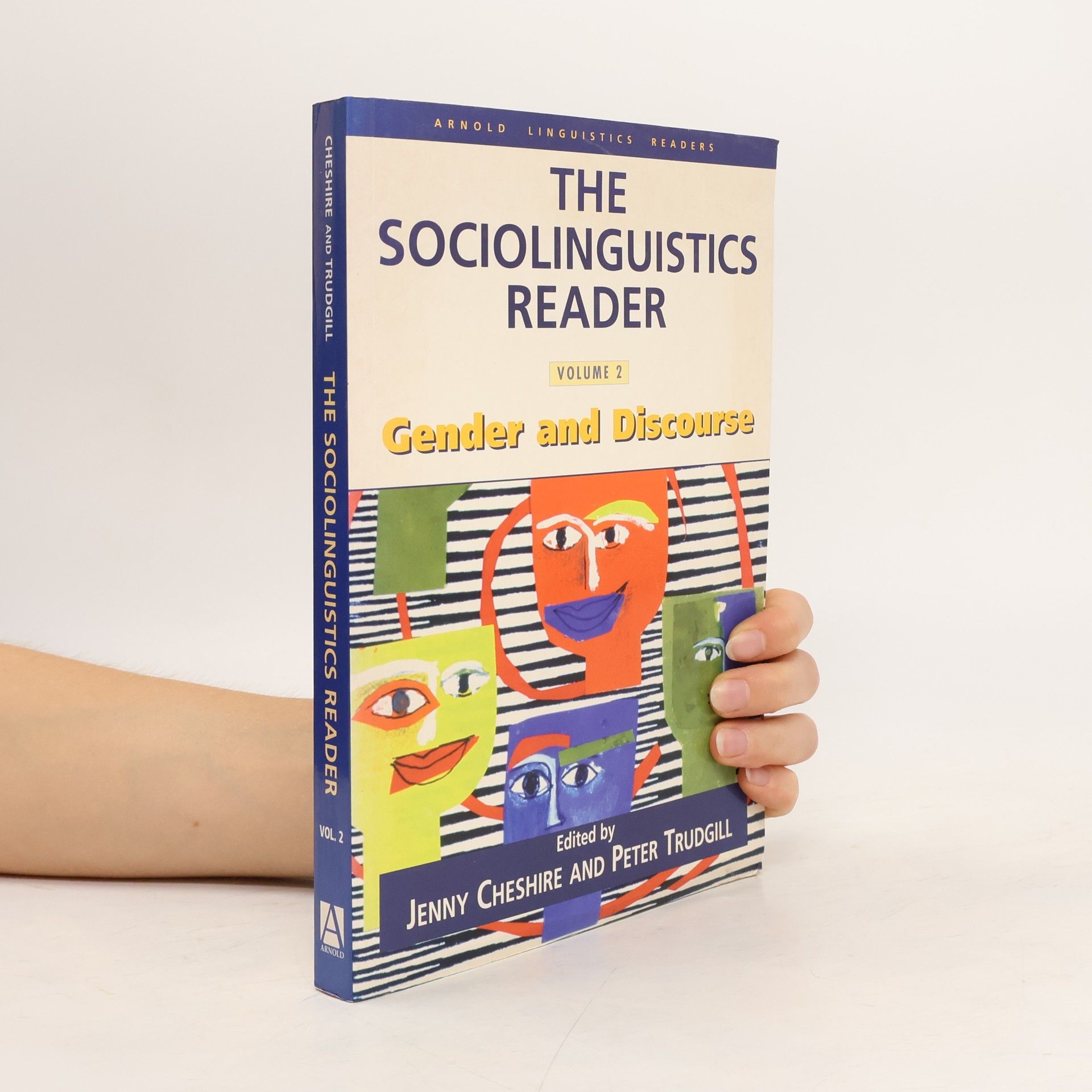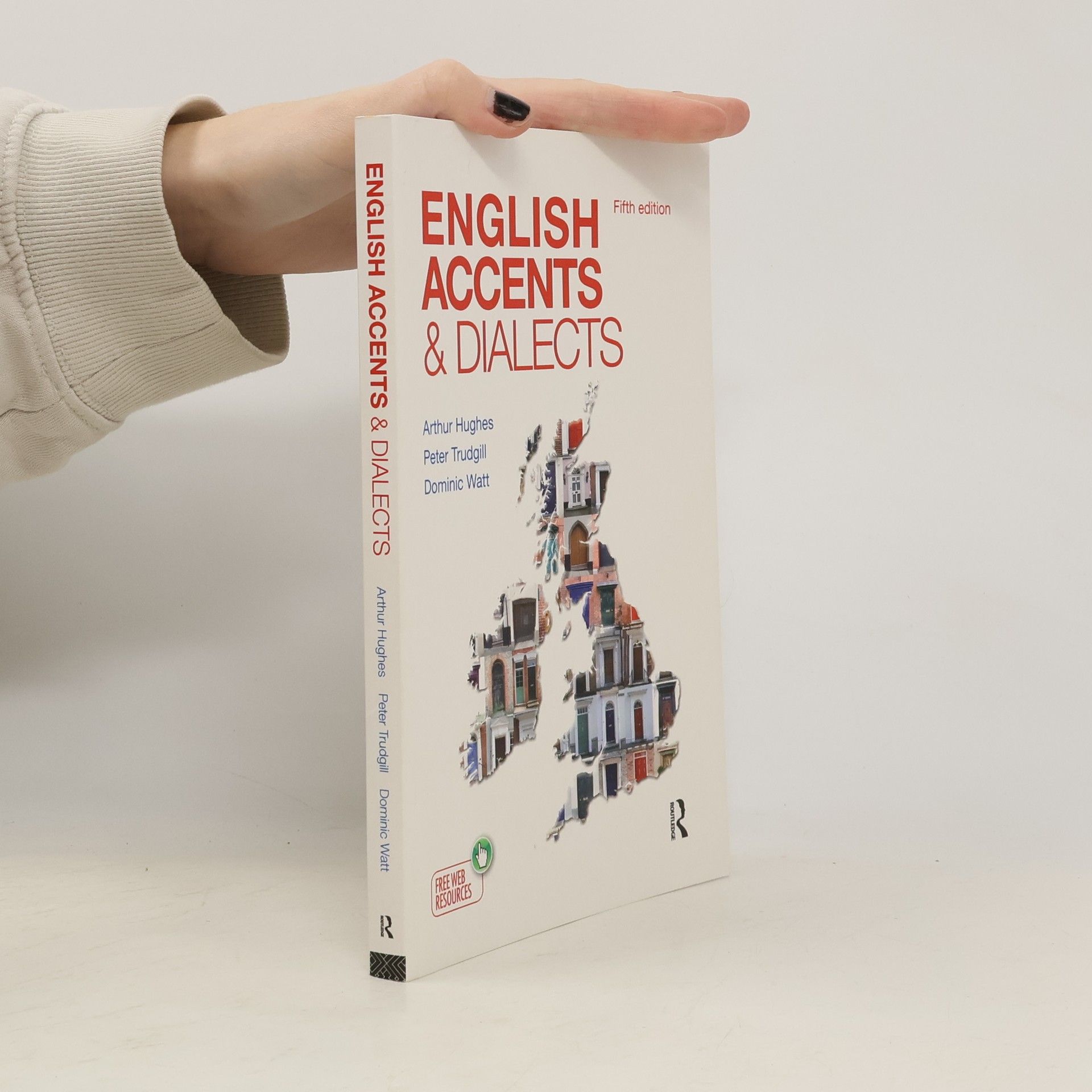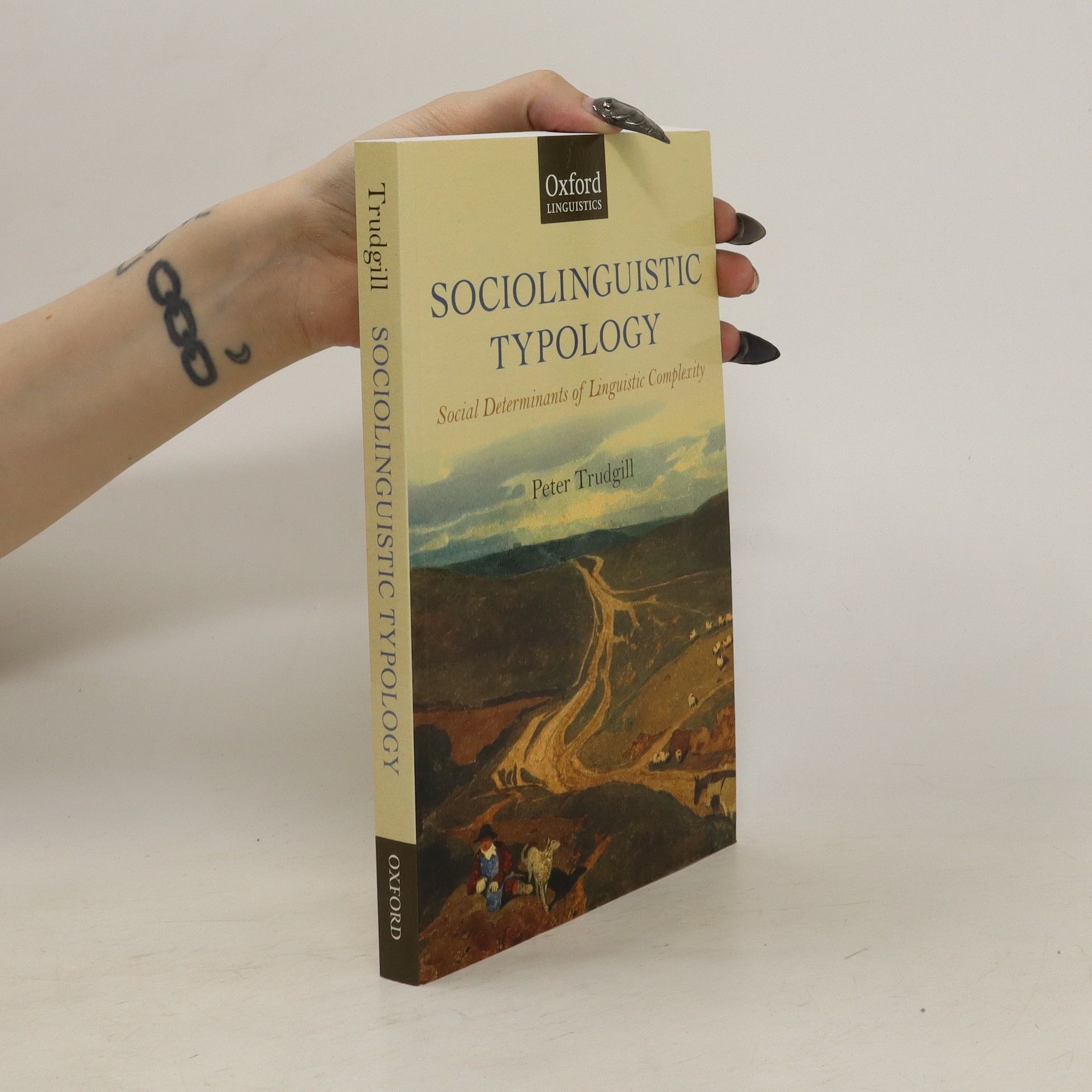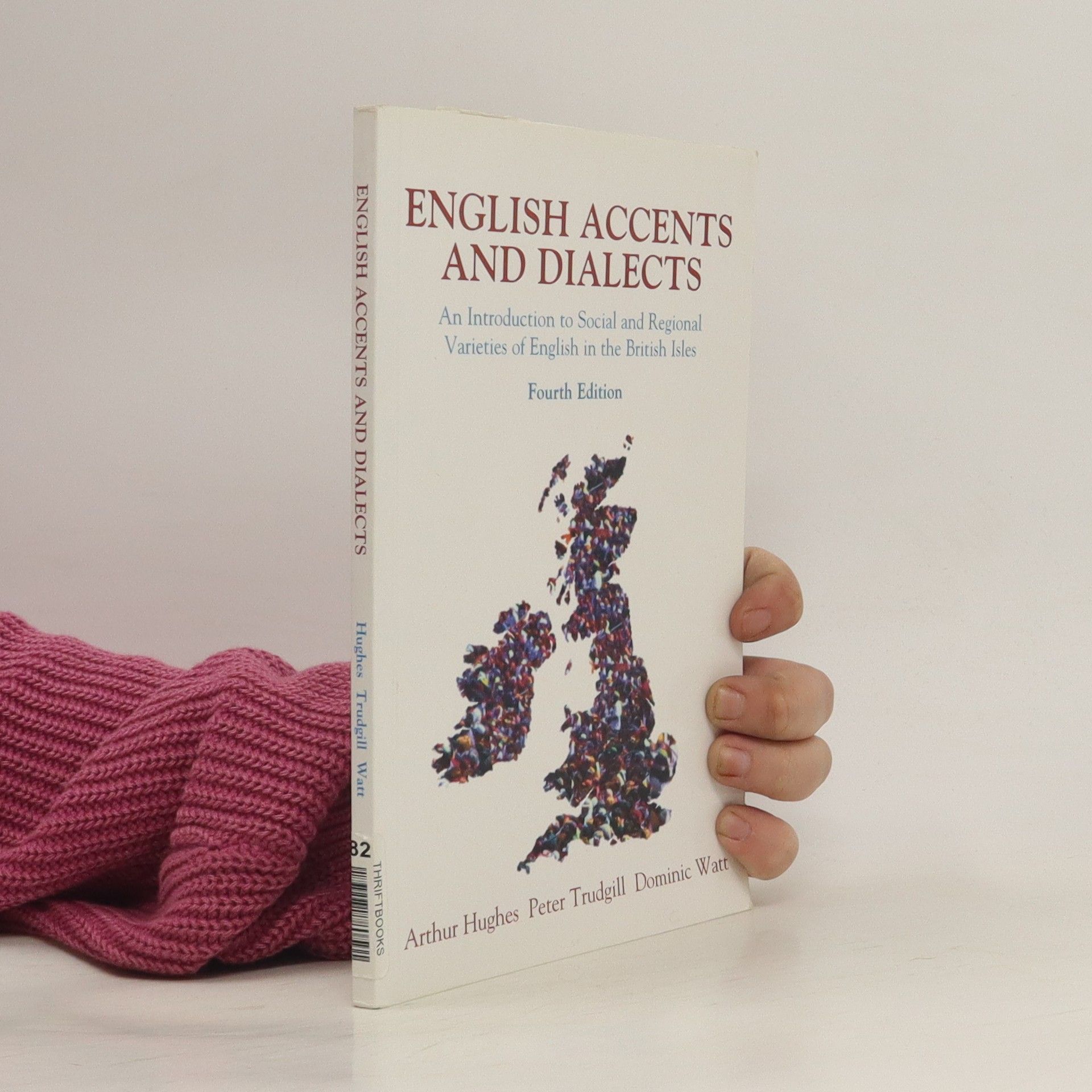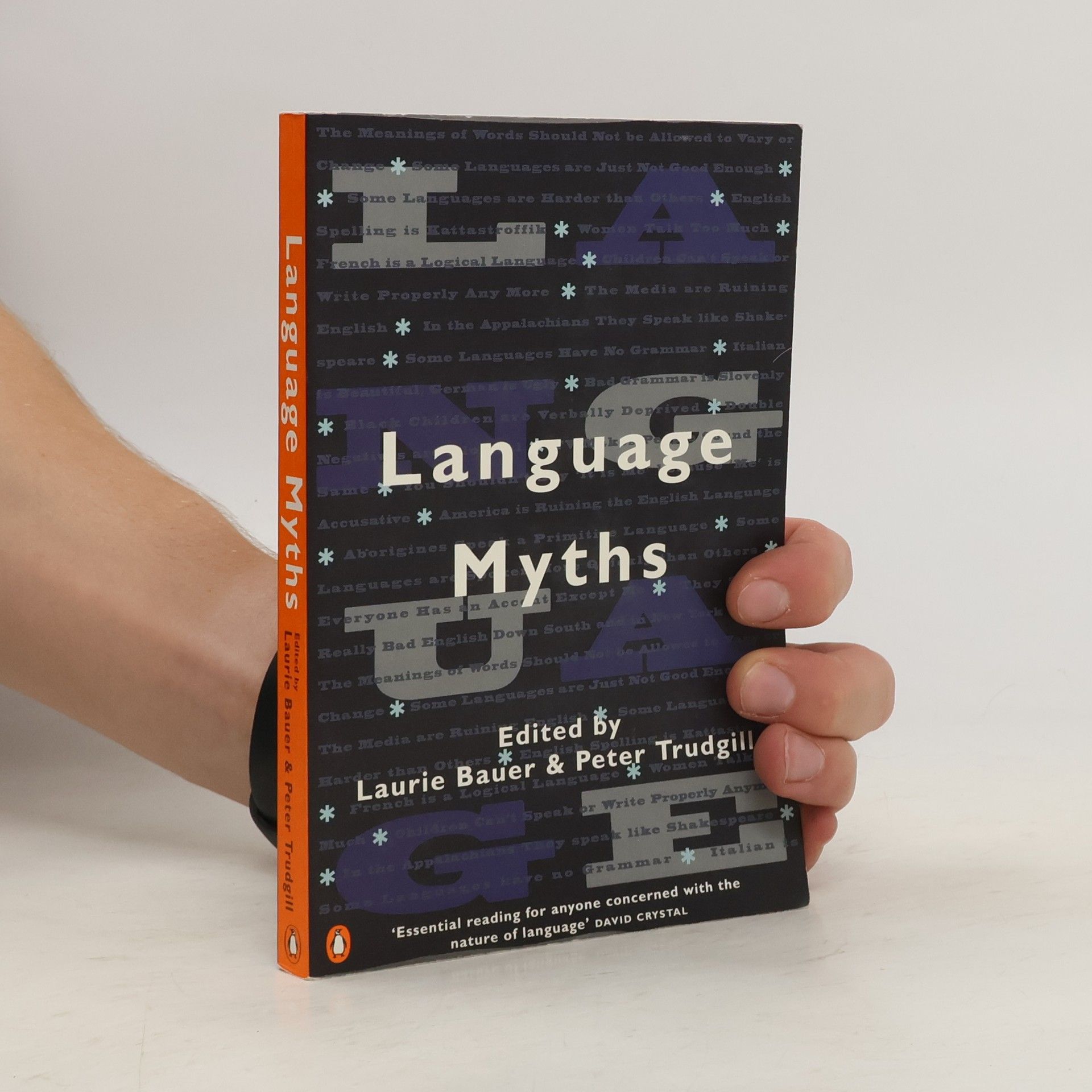The Long Journey of English
- 202 stránek
- 8 hodin čtení
English is one of the most widely-spoken languages in the world, with native-speaking communities at the furthest ends of the earth. However, just three thousand years ago, the language-which-became-English was not spoken anywhere in Britain. Trudgill, one of the foremost authorities on the English language, takes us on a remarkable journey through the history of English to show how it grew to become the global phenomenon that we know today. Over ten short, easily digestible chapters, he traces its development and global spread, starting with the earliest genesis of English five thousand years ago, exploring its expansion in the British Isles, and finishing with an overview of how the language looks today, including its use in an increasingly digital world. Particular attention is paid to the native-speaker varieties of English from all around the world, and the relationship between colonial varieties of English and indigenous languages.

